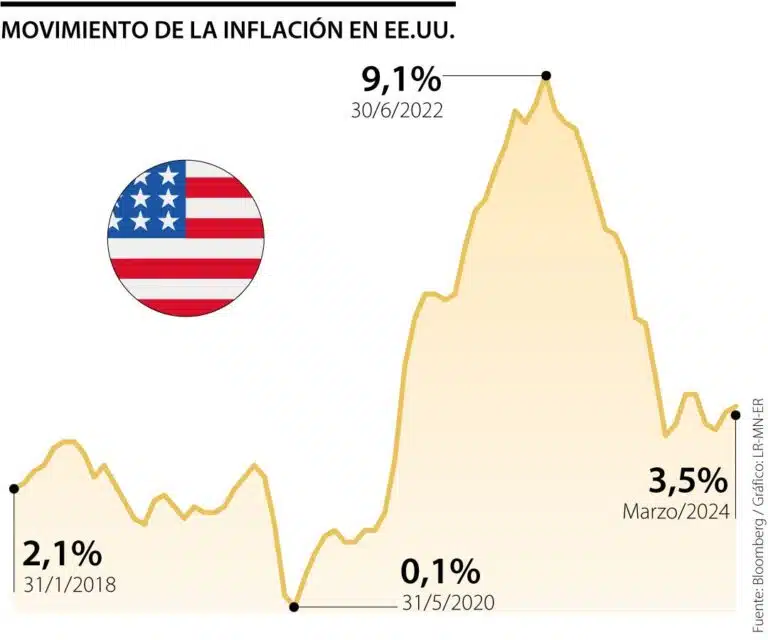Investment in energy efficiency: a guaranteed return

The investment in energy efficiency has become one of the smartest decisions that companies and building owners can make today. It is not only about complying with future regulations aimed at achieving zero emissions, but also about taking advantage of the significant economic benefits that this investment entails. Implementing energy management systems allows for a guaranteed return in a short time, evidenced by the high percentages of energy savings that can be achieved. Considering energy efficiency is, without a doubt, a step towards a more sustainable and profitable future.
The investment in energy efficiency has become a highly relevant topic in the field of sustainability and the economy. It not only presents itself as a responsible option towards the environment, but also offers a significant financial return for companies and building owners. This article explores how the implementation of efficient systems can optimize costs, reduce energy consumption, and contribute to a more sustainable future.
Economic benefits of energy efficiency
The economic benefits of energy efficiency are evident and quantifiable. Companies that choose to invest in such projects often see a significant reduction in their operating costs. For example, the installation of energy management systems allows for monitoring consumption and adjusting operational processes, which translates into lower energy use and, therefore, considerable savings on utility bills.
Return on Investment (ROI)
Calculating the return on investment (ROI) when implementing an energy efficiency system is crucial. Depending on the scope of the project, companies can recover their investment in a short period of time through the savings generated. A detailed analysis of these future savings can facilitate decision-making about which investments to make and which to prioritize.
Beyond costs: environmental benefits
In addition to the economic benefits, the investment in energy efficiency also has a positive impact on the environment. Implementing measures that reduce energy consumption helps decrease greenhouse gas emissions. In this sense, investments in energy efficiency are part of a broader effort to combat climate change and promote a sustainable future.
Government initiatives and regulations
From the European Union, regulations have been implemented that require new buildings to meet zero emissions targets starting in 2030. This regulation not only increases pressure on companies to invest in energy efficiency, but also provides incentives and funding to facilitate that transition. Organizations that adapt to these regulations will be in a stronger position to compete in the market.
Energy Saving Certificates (ESC)
Energy Saving Certificates (ESC) are a valuable resource for companies implementing energy efficiency improvements. These certificates allow for the recovery of the initial investment and, in many cases, generate additional income. This system ensures predictability regarding the performance of the investments made, which further increases their attractiveness to investors.
The influence of technology on energy efficiency
Technology has revolutionized the way energy resources are managed and optimized. From automatic energy control systems to smart devices that adjust consumption in real time, innovations are transforming the energy efficiency landscape. These tools not only allow for greater optimization in energy use, but also facilitate the identification of areas where energy performance can be improved.
Conclusions on the investment in energy efficiency
The investment in energy efficiency is undoubtedly a smart decision that offers a guaranteed return. With the current landscape and ongoing government initiatives, there is a unique opportunity for companies to increase their competitiveness, reduce costs, and contribute to the sustainability of the planet. Those who align with these trends will not only ensure their financial success but will also play a crucial role in the fight against climate change.
The investment in energy efficiency has become one of the most effective strategies for achieving a significant savings in operating costs and improving the sustainability of buildings. Starting in 2030, new buildings within the European Union will have to meet the zero emissions goal, which requires a serious commitment from developers and owners. This directive goes beyond mere regulatory compliance; it is an opportunity to generate significant savings and improve the long-term value of properties.
The return on investment (ROI) derived from the implementation of energy management systems is remarkable. Companies that adopt energy efficiency practices not only see a decrease in their energy bills but can also enjoy more accurate Sustainability reporting, which translates into an enhancement of comfort and quality of life for occupants. These benefits can be quantified in relatively short timeframes, making the decision to invest in energy efficiency even more attractive.
Moreover, technological advancements and innovative strategies in energy resource management are becoming an essential component of business competitiveness. Investing in energy efficiency solutions is not only economically advantageous; it also allows organizations to contribute to environmental stewardship. At a time when climate change demands urgent action, adopting a proactive approach to energy efficiency represents a responsible and necessary action.
Therefore, it is evident that energy efficiency is not just an option but a necessity that provides a guaranteed return and opens the door to a more sustainable and profitable future. Education and awareness of these benefits are crucial to catalyze significant change in the way we consume and manage our energy.






